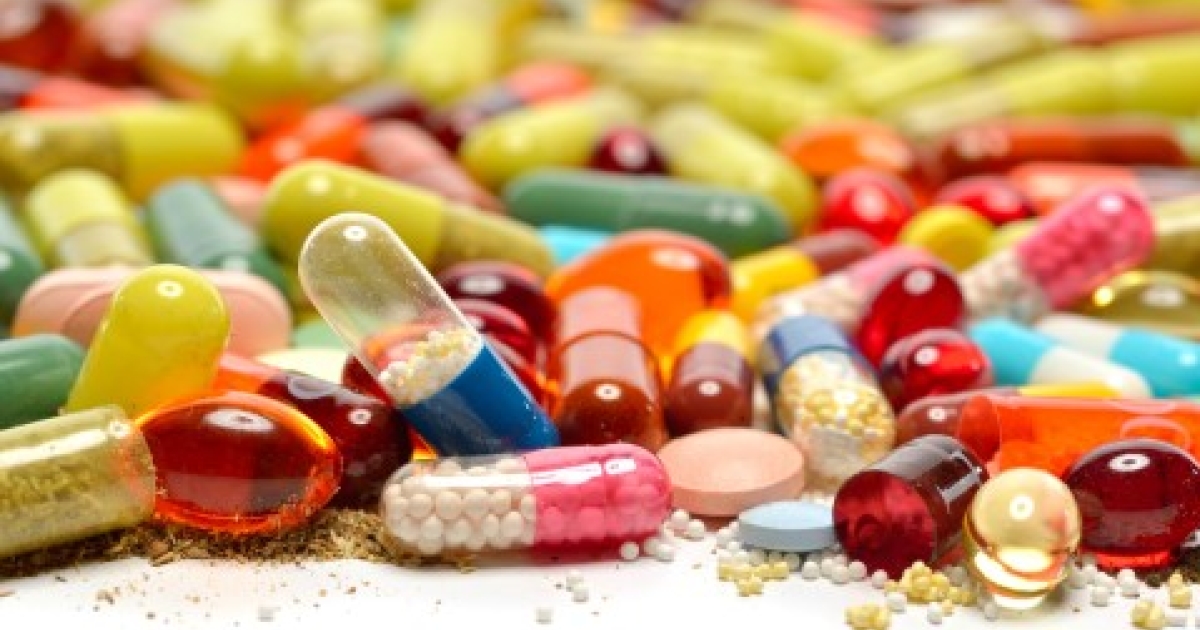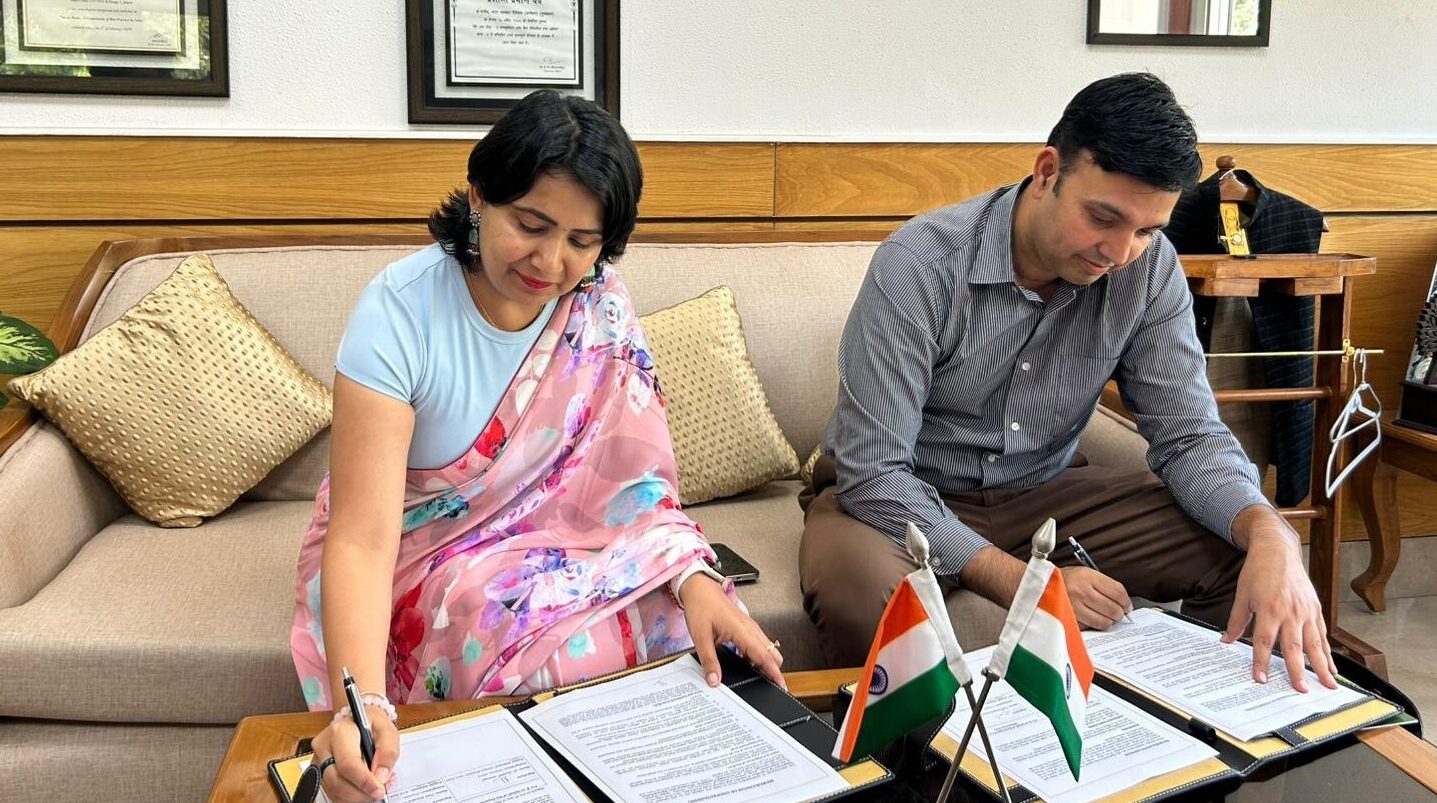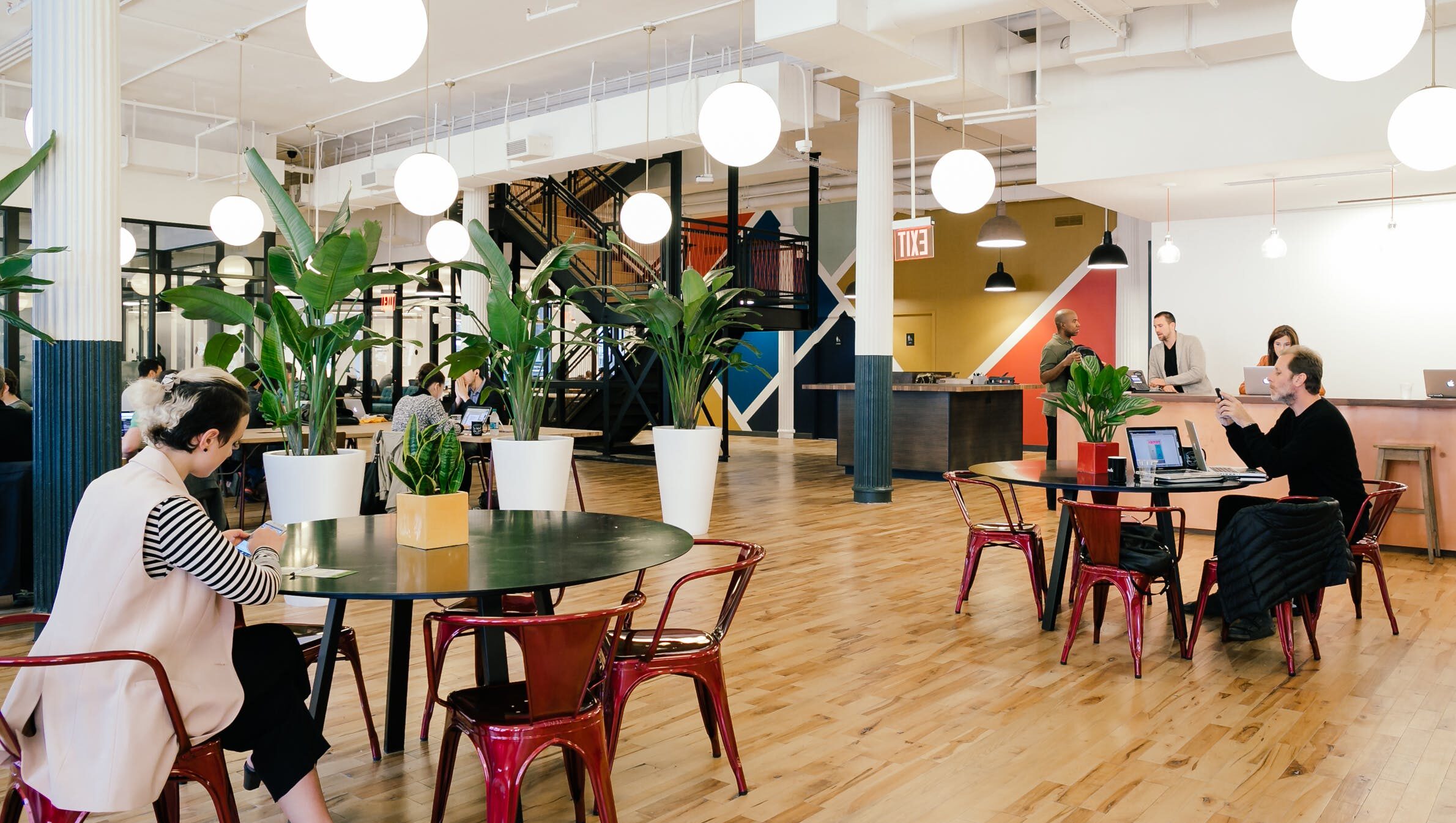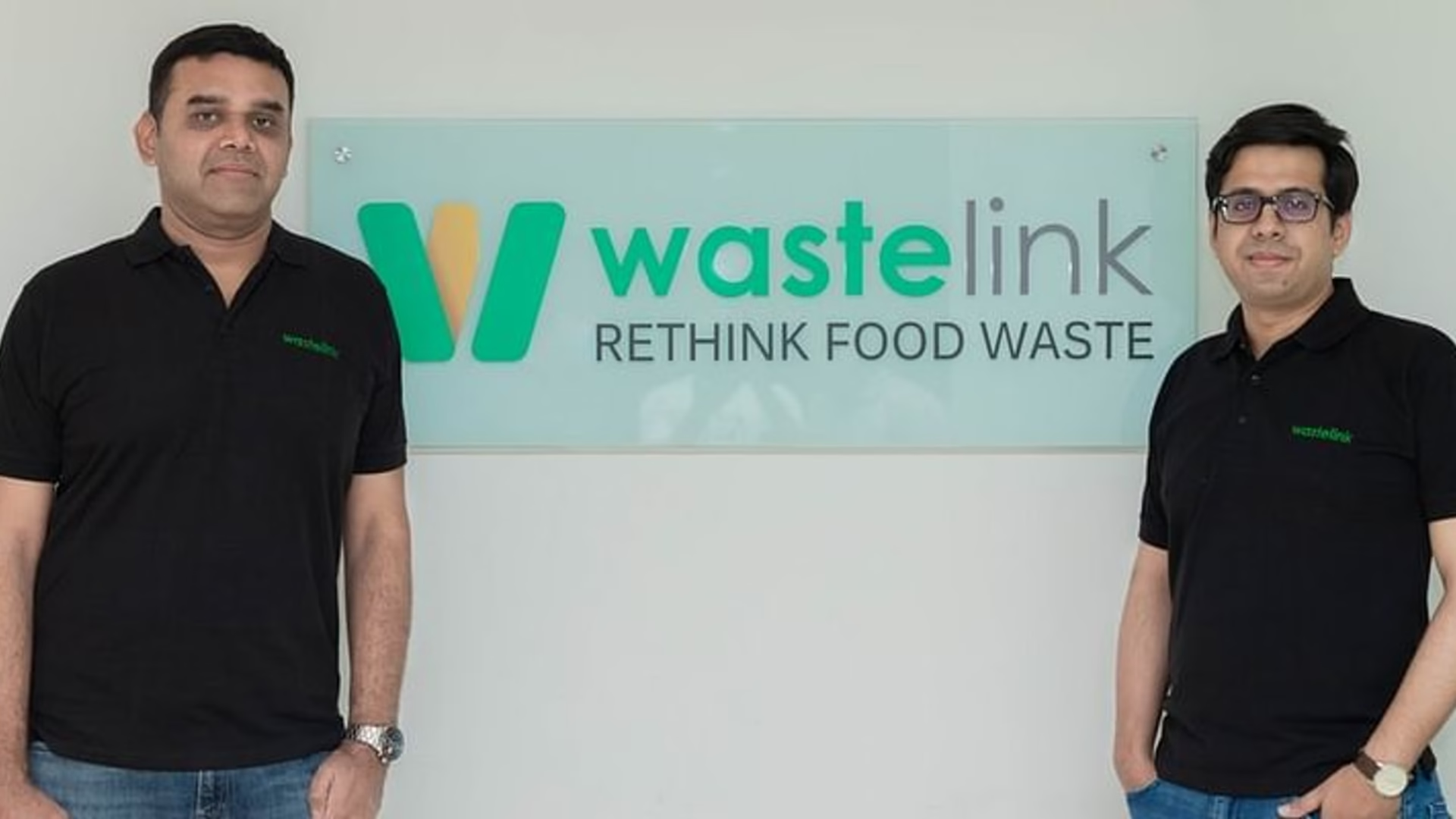India is making a strategic move to halve its reliance on imports for crucial pharmaceutical ingredients, with the recent inauguration of two new greenfield facilities under the government’s Production Linked Incentive (PLI) scheme. These plants will focus on manufacturing vital starting materials (KSMs) and active pharmaceutical ingredients (APIs), which are currently heavily imported from China. This shift aims to strengthen India’s pharmaceutical supply chain and ensure stability in the production of commonly used antibiotics.
Significance of Penicillin G and Clavulanic Acid Production
The new facilities, operated by Lyfius Pharma and Kinvan Private Limited (KPL), are designated to produce Penicillin G, 6-Aminopenicillanic Acid (6-APA), and Clavulanic Acid. These compounds are essential for formulating antibiotics, including Amoxicillin, Ampicillin, and Piperacillin, which have been largely unavailable through domestic sources for over two decades.
Anil Matai, Director General of the Organisation of Pharmaceutical Producers of India (OPPI), highlighted the country’s historical dependence on China for Penicillin G and Clavulanic Acid. This dependence has left India’s pharmaceutical sector vulnerable to supply disruptions. “The commissioning of these facilities is expected to reduce India’s import reliance on these molecules by approximately 50%,” Matai noted.
Lyfius Pharma’s Andhra Pradesh Facility
Lyfius Pharma, a subsidiary of Aurobindo Pharma, has launched a major production plant in Kakinada, Andhra Pradesh, capable of manufacturing 15,000 metric tonnes (MT) of Penicillin G. According to the Department of Pharmaceuticals (DoP), China supplied 77% of India’s Penicillin G and 94.1% of its 6-APA in FY24, costing Rs 2,066 crore and Rs 3,490 crore respectively.
M. V. Rama Krishna, Director of Lyfius Pharma, explained the facility’s strategic importance. “This Rs 2,500 crore investment under the PLI scheme is a milestone in reducing dependency on imported pharmaceutical ingredients,” he stated. Out of the 15,000 MT capacity, 3,000 MT will cater to domestic sales, while the remaining 12,000 MT will produce 6,000 MT of 6-APA.
KPL’s Himachal Pradesh Facility for Clavulanic Acid
Kinvan Private Limited has opened a 400-MT Clavulanic Acid plant in Solan, Himachal Pradesh. India has historically imported 100% of its Clavulanic Acid, primarily from China, meeting an annual demand of roughly 1,000–1,200 MT. In FY24, imports amounted to Rs 517.25 crore, with China accounting for 85.3% of this supply. The new facility is expected to reduce import reliance for Clavulanic Acid by 40%.
A Stronger Role for India in Global Pharma Supply
The DoP anticipates that these facilities will help India establish a more resilient position in the global pharmaceutical supply chain. “By decreasing import dependency, India can enhance its competitiveness in the production of bulk drugs,” the DoP stated, emphasizing the significance of bolstering local manufacturing capacity for these critical APIs.

























